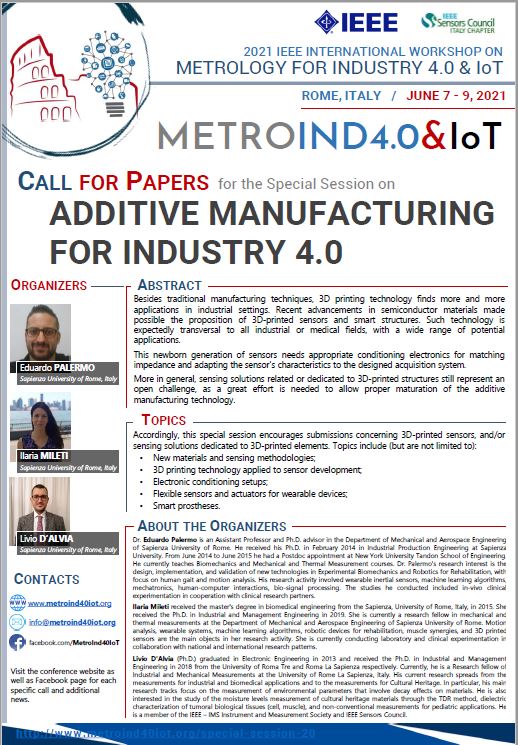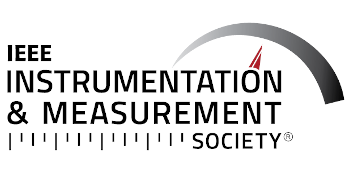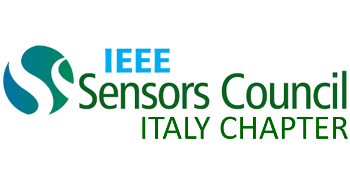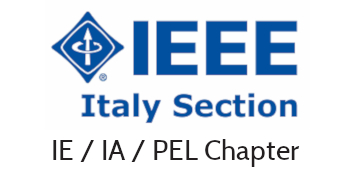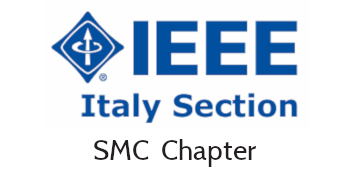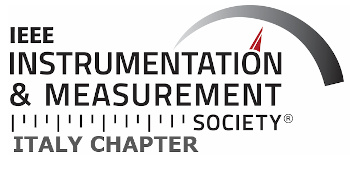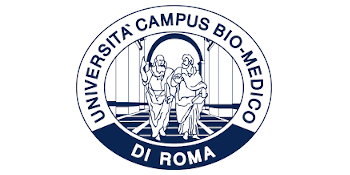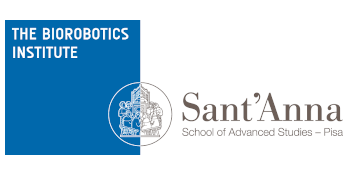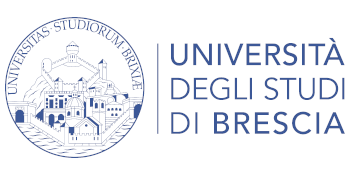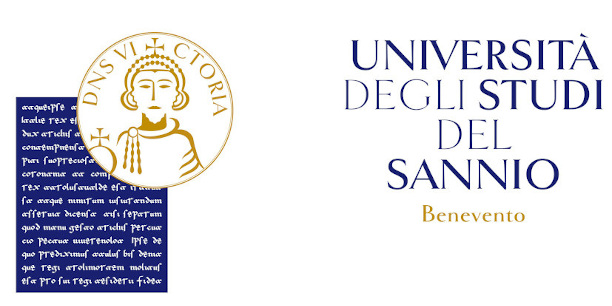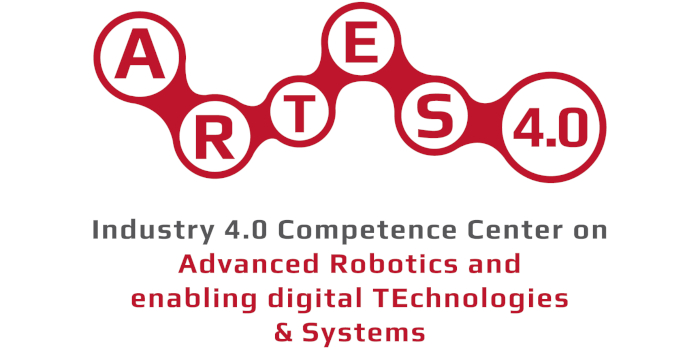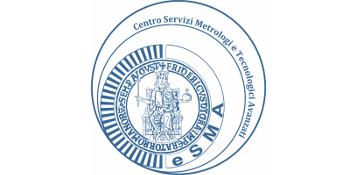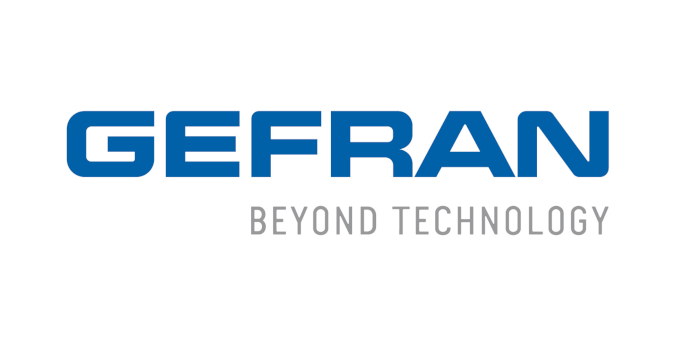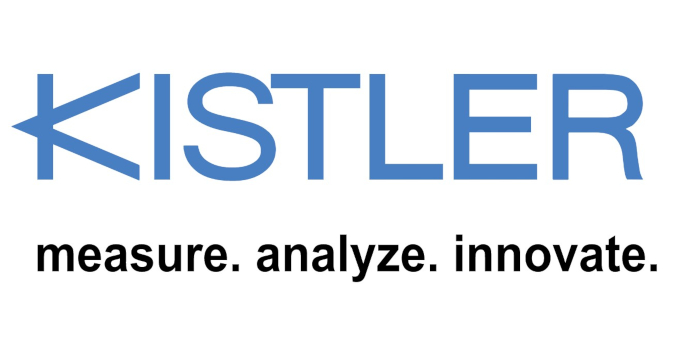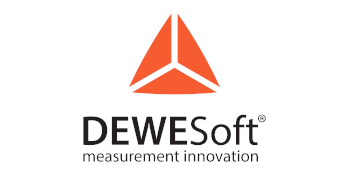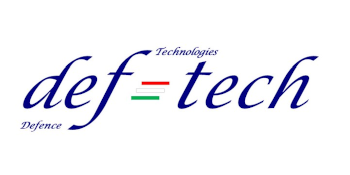ADDITIVE MANUFACTURING FOR INDUSTRY 4.0
ORGANIZED BY
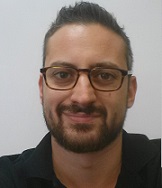
Eduardo Palermo
Sapienza University of Rome, Italy
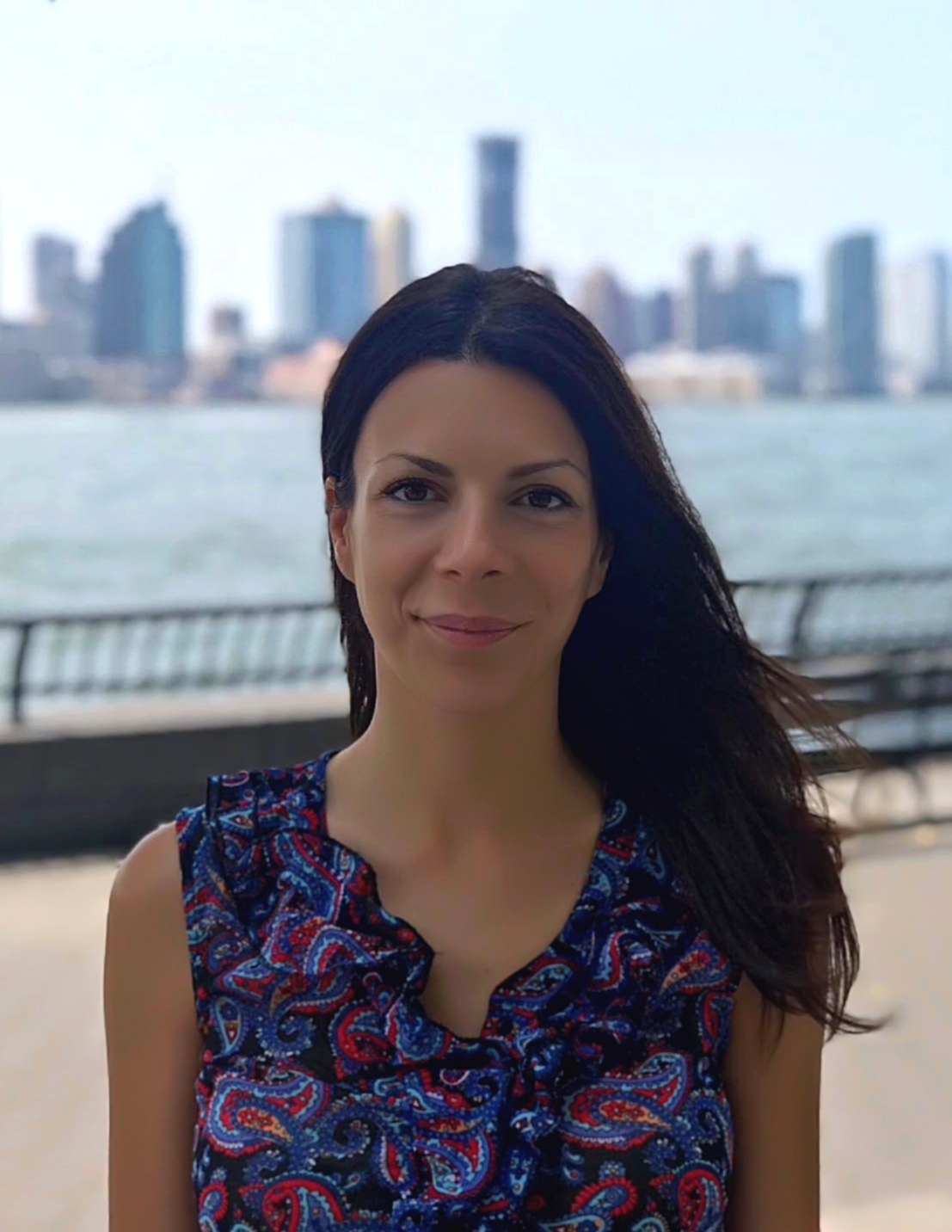
Ilaria Mileti
Sapienza University of Rome, Italy
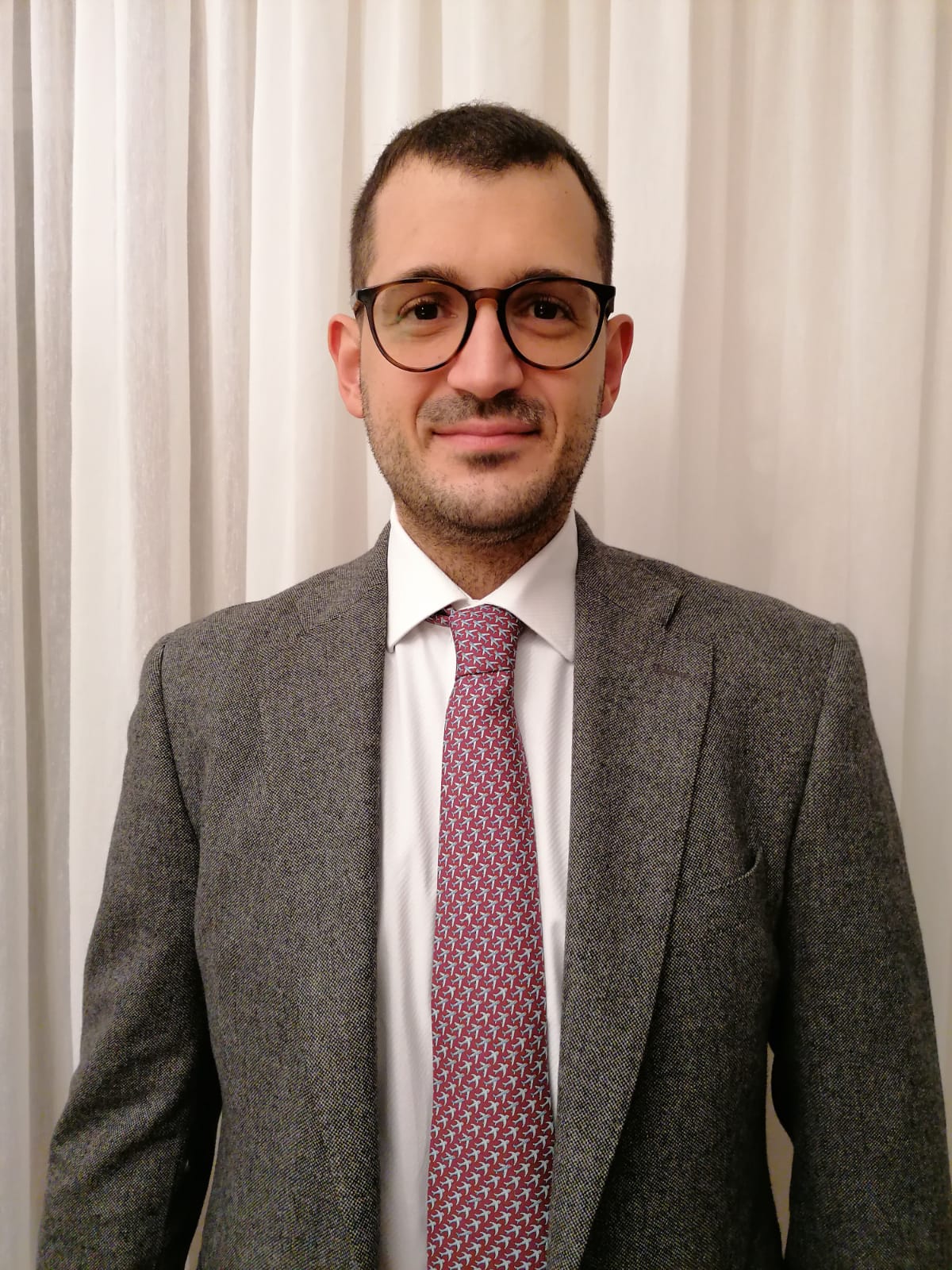
Livio D'Alvia
Sapienza University of Rome, Italy
ABSTRACT
Besides traditional manufacturing techniques, 3D printing technology finds more and more applications in industrial settings. Recent advancements in semiconductor materials made possible the proposition of 3D-printed sensors and smart structures. Such technology is expectedly transversal to all industrial or medical fields, with a wide range of potential applications.
This newborn generation of sensors needs appropriate conditioning electronics for matching impedance and adapting the sensor's characteristics to the designed acquisition system.
More in general, sensing solutions related or dedicated to 3D-printed structures still represent an open challenge, as a great effort is needed to allow proper maturation of the additive manufacturing technology.
TOPICS
Accordingly, this special session encourages submissions concerning 3D-printed sensors, and/or sensing solutions dedicated to 3D-printed elements. Topics include (but are not limited to):
- New materials and sensing methodologies;
- 3D printing technology applied to sensor development;
- Electronic conditioning setups;
- Flexible sensors and actuators for wearable devices;
- Smart prostheses.
ABOUT THE ORGANIZERS
Dr. Eduardo Palermo is an Assistant Professor and Ph.D. advisor in the Department of Mechanical and Aerospace Engineering of Sapienza University of Rome. He received his Ph.D. in February 2014 in Industrial Production Engineering at Sapienza University. From June 2014 to June 2015 he had a Postdoc appointment at New York University Tandon School of Engineering. He currently teaches Biomechanics and Mechanical and Thermal Measurement courses. Dr. Palermo's research interest is the design, implementation, and validation of new technologies in Experimental Biomechanics and Robotics for Rehabilitation, with focus on human gait and motion analysis. His research activity involved wearable inertial sensors, machine learning algorithms, mechatronics, human-computer interactions, bio-signal processing. The studies he conducted included in-vivo clinical experimentation in cooperation with clinical research partners.
Ilaria Mileti received the master's degree in biomedical engineering from the Sapienza, University of Rome, Italy, in 2015. She received the Ph.D. in Industrial and Management Engineering in 2019. She is currently a research fellow in mechanical and thermal measurements at the Department of Mechanical and Aerospace Engineering of Sapienza University of Rome. Motion analysis, wearable systems, machine learning algorithms, robotic devices for rehabilitation, muscle synergies, and 3D printed sensors are the main objects in her research activity. She is currently conducting laboratory and clinical experimentation in collaboration with national and international research patterns.
Livio D'Alvia (Ph.D.) graduated in Electronic Engineering in 2013 and received the Ph.D. in Industrial and Management Engineering in 2018 from the University of Roma Tre and Roma La Sapienza respectively. Currently, he is a Research fellow of Industrial and Mechanical Measurements at the University of Rome La Sapienza, Italy. His current research spreads from the measurements for industrial and biomedical applications and to the measurements for Cultural Heritage. In particular, his main research tracks focus on the measurement of environmental parameters that involve decay effects on materials. He is also interested in the study of the moisture levels measurement of cultural heritage materials through the TDR method, dielectric characterization of tumoral biological tissues (cell, muscle), and non-conventional measurements for pediatric applications. He is a member of the IEEE – IMS Instrument and Measurement Society and IEEE Sensors Council.

